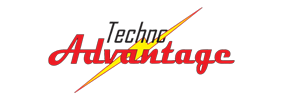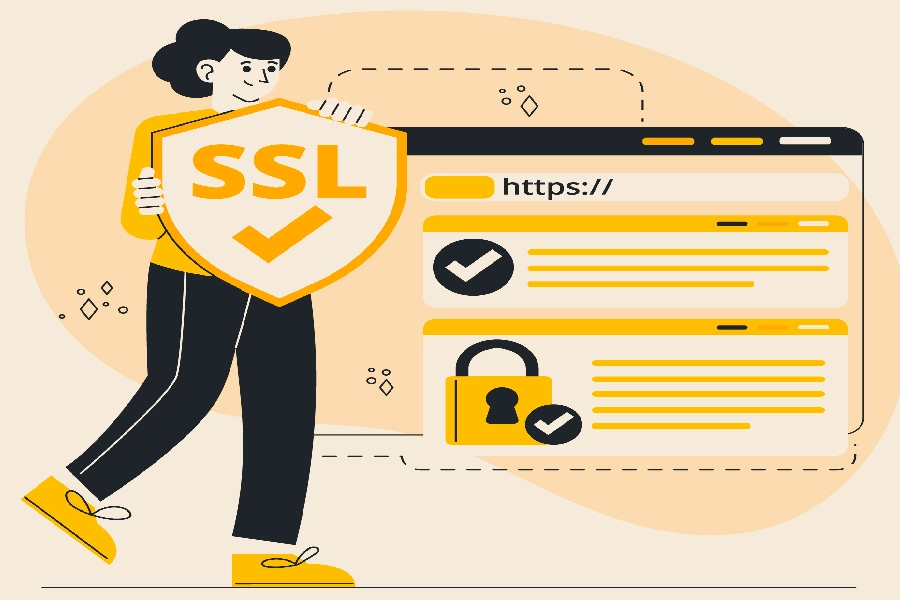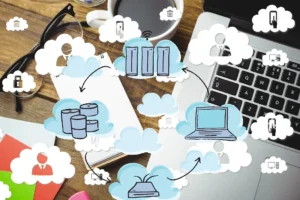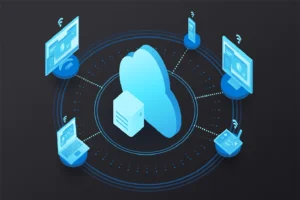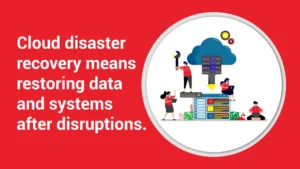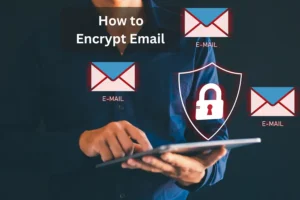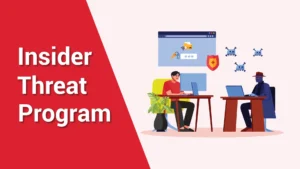Do you know when your domain expires? Most companies don’t track those things; they wait for the invoice from their Domain service or website hosting provider. So, when they receive an email like this one, they go ahead to renew it. After all, no one wants to lose their website. It’s part of their company advertising, their online presence, and sometimes they receive orders, accept payments, and so many more options.
This email is an example of phishing that has struck several of my clients recently. The only thing is the scammers are not only getting people to pay to renew the domain, but they are also getting access to the domain address as well. With the information you provide, they take control of the domain, use it for more Adult entertainment or just redirect your client payments to their bank account.
Here’s a few tips that we found works well to prevent falling for things like this:
- Find out the expiration date of your domain and add it to the calendar with a reminder about 15 days in advance for you to pay the invoice. This means if you get an email such of this, you can check the calendar and see if your domain is up for renewal. Most times they do not target at the actual time of your renewal.
- Know who invoices for your domain registrations. There are 2 costs associated with having a domain and having a website at that domain visible. One is the actual domain registration and the other is the hosting. In some cases, the hosting provider will register the domain for their clients and handle the costs themselves. In this case, you might be invoiced monthly or annually for the domain and hosting. But in other cases, the domain registration is handled independently. In these cases, there are a few major providers: GoDaddy, Bluehost, HostGator, Squarespace, and Namecheap.
- Check your own website regularly. Recently, I attempted to visit a referral partner’s website because I wanted to direct one of my clients to them. But I found their website was down. When I shot them a quick email, I got a reply that they didn’t even realize it was broken. After a little research, they learned that their website was down for over 2 weeks! One manager had noticed that they hadn’t received any online orders recently, but since that was a small percentage of their revenue, he hadn’t even thought to check the website!
- Keep your plug-ins updated. A website plug-in is a piece of software that acts as an add-on to a web browser and gives the browser more functionality. This might affect how images display or how content react to clicks or even hovering over the item. As software, these plug-ins need to be updated from time to time to keep them functional. For this reason, I recommend logging into your website at least weekly and checking for plug-in updates. But don’t just click “update” and log out. Make sure after you update the plug-ins, you to click through the website, checking the links and making sure all the content displays and behaves as expected.
- Keep your content fresh to encourage people to keep coming back to your website. Just like this blog hopefully keeps you coming to see what craziness I decided to write about this month, it keeps the content fresh. This helps the SEO rating find us in search engines higher. So, look for ways to keep your content fresh and update it regularly.
Your website is multiple functional for your business. It promotes and advertises your business. It can allow for online orders, gives your contact information, and allows people to find you. We want to make sure your website is serving you in the best possible way. If you have questions or concerns about your website, give us a call. We will be happy to help.
